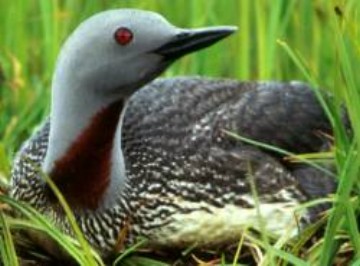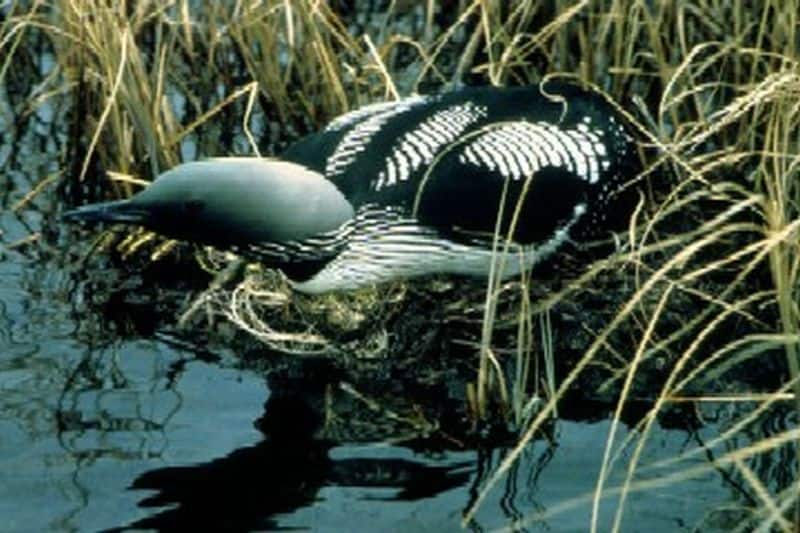A new survey by the Royal Society for the Protection of Birds (RSPB) and Scottish Natural Heritage (SNH) has revealed that the population of the diver – a wild bird in Scotland is showing a rise. Acknowledging this as an unexpected yet pleasant surprise, the RSPB Scotland expressed delight at breeding figures for both the red-throated diver and the rarer black-throated diver.
The study found their numbers have continued to rise – by 16% and 34% in the last 12 years. In Scotland, the numbers of the black-throated diver increased from 187 pairs in 1994 to 217 pairs in 2006.
Black Throated Diver
The black throated diver was believed to be declining in the Scottish Highlands either because their nests were drowned in floods or their eggs were lost to collectors and predators. The new study reveals that the greatest increase has occurred in the Western Isles and in the Highlands.
It is believed that one reason for this could lie in the anchoring of man-made rafts in Scottish lochs. Around 58 rafts have been installed on remote lochs in the region. They are designed to shield the birds from flooding and animals.
Stuart Benn, senior conservation officer for the RSPB, said:
We can’t say hand on heart that the overall increase is due to the rafts because we haven’t ringed the chicks, but there is no doubt that the rafts have turned out to be very, very good at what they do.

Red Throated Diver
Regarding the red-throated divers, the RSPB said they were mystified by their breeding success. The numbers of this bird numbers have risen from 935 to 1,255 breeding pairs in 12 years. Known as the ‘Rain goose’ on the Orkney and Shetland Isle, the red-throated diver is steeped in mythology and is known as the rain goose in. In the 19th Century, it was regarded as a foreteller of storms in many parts of the world.
Dr Mark Eaton, RSPB scientist said:
We feared the numbers of red-throated divers might drop because the warming of the North Sea seems to be reducing stocks of the fish they feed on.
He added:
The black-throated diver could also be at risk in the future, despite the recent increases. If climate change causes loch temperatures to rise, the small fish the birds feed on could grow too large to eat.
These species are not considered at risk of extinction. Rather they are reasonably widespread and abundant. Yet it is their decline in Europe that has led to concern and to them being classified as a conservation priority by the UK government.
Read: BBC
Images: Wikipedia



